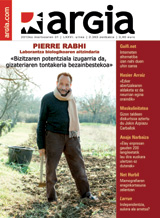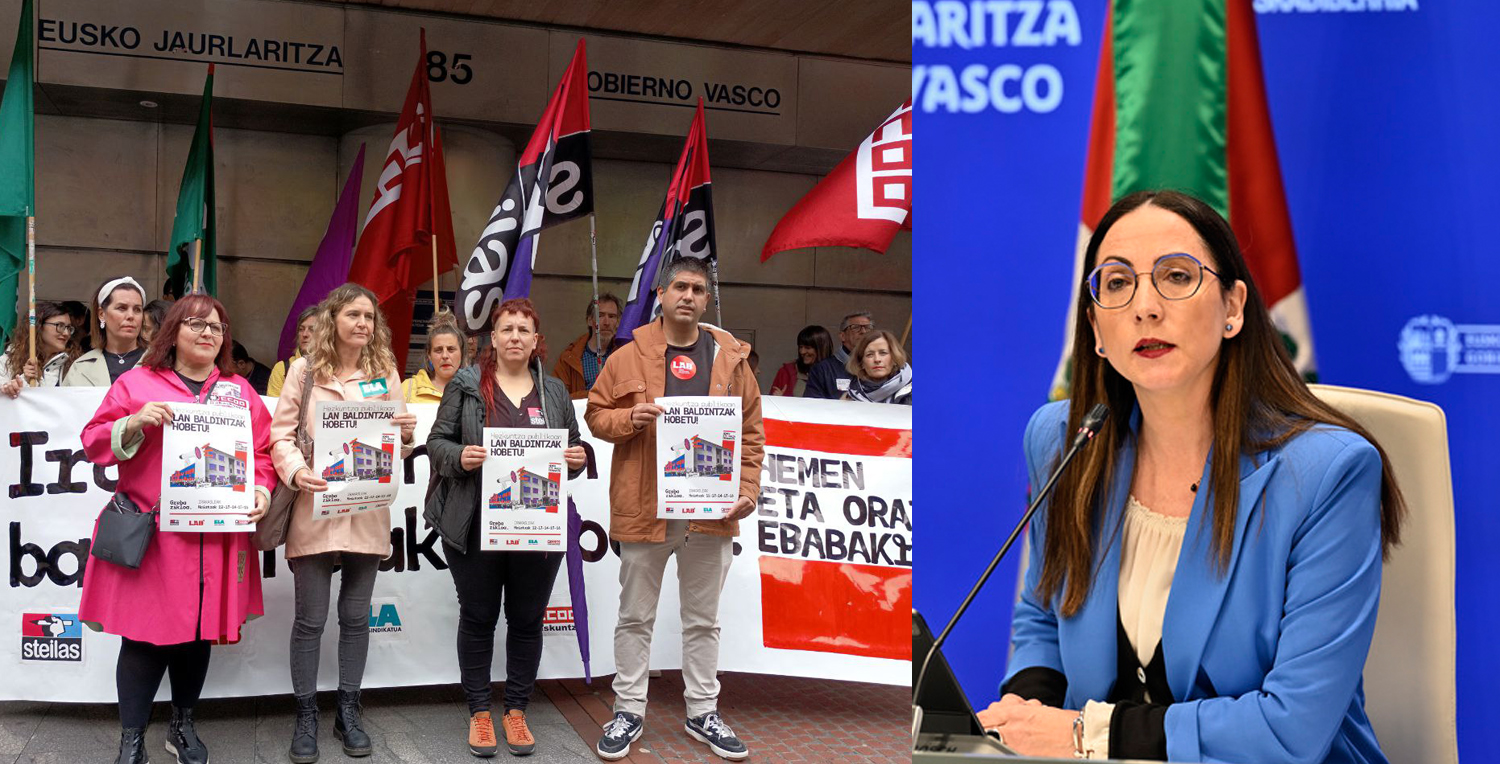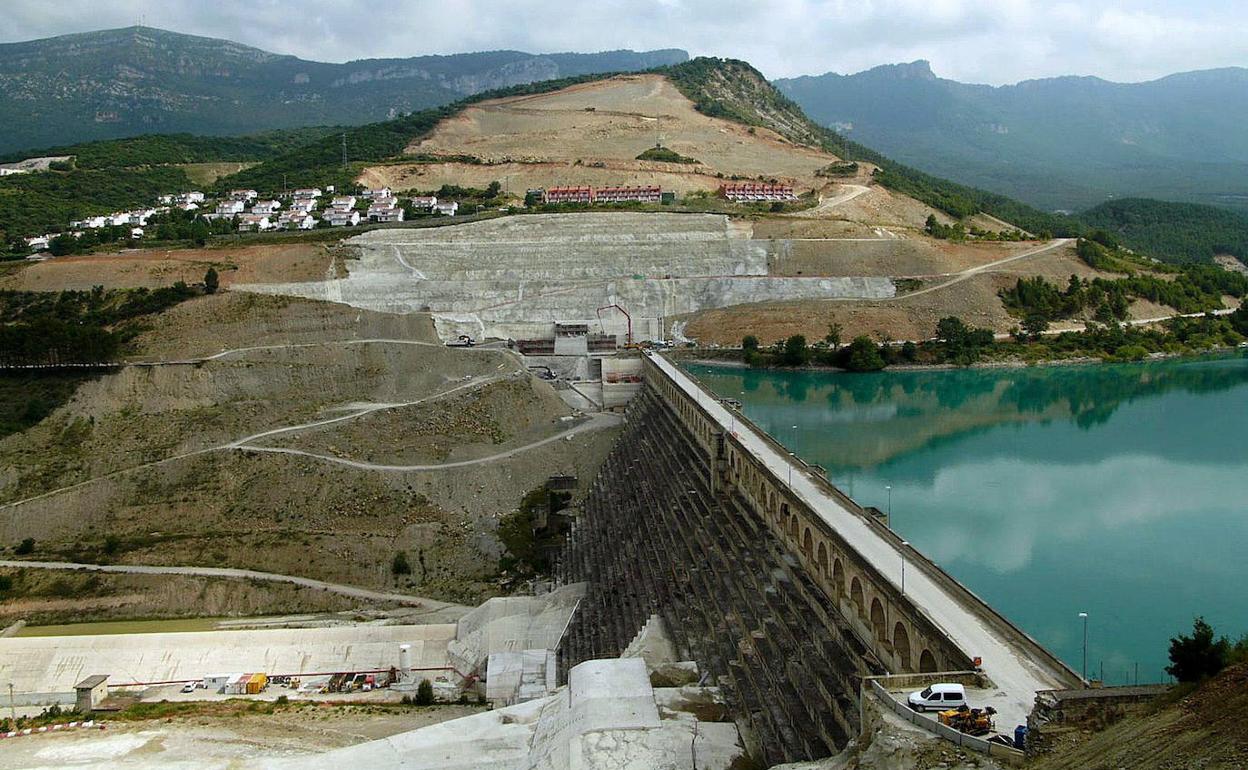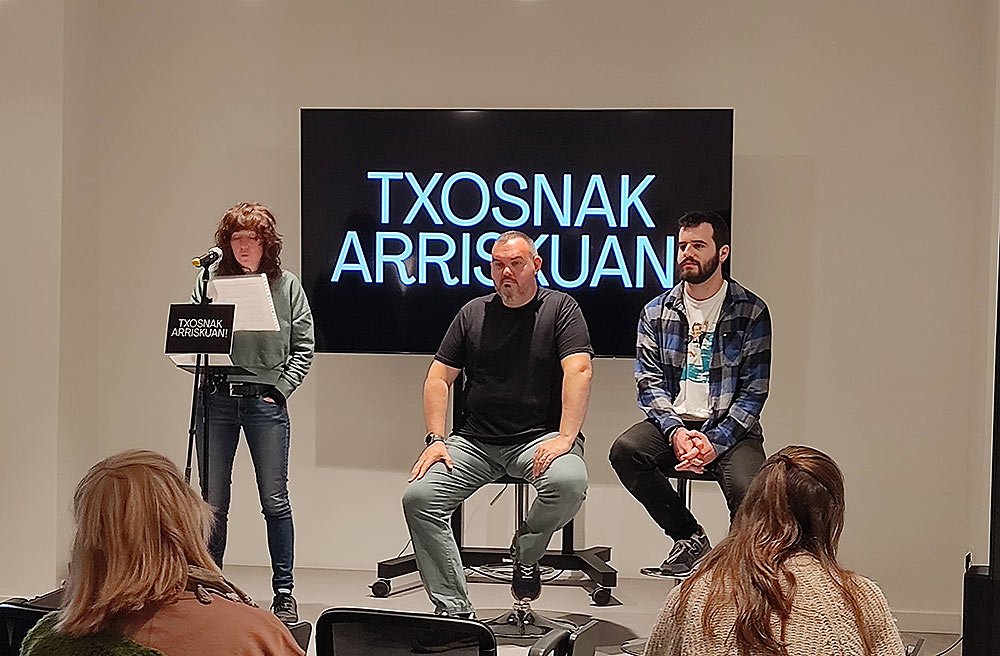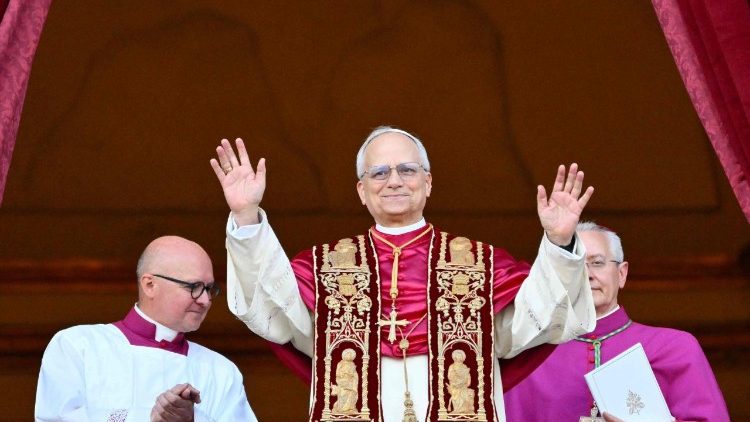Material and formal independence
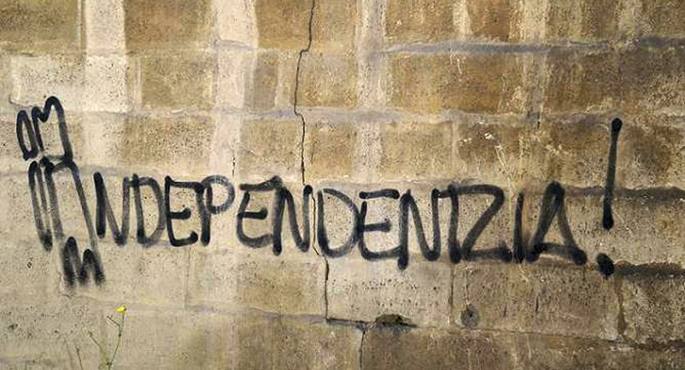
INDEPENDENCE is, in theory, the objective of the Basque parties for the future status of Euskal Herria, and in this year’s Aberri Eguna, the Basque parties will re-assert that idea if it is not by the small mouth. Independence, sovereignty, self-determination, the right to decide... through a consultation with the citizenry, to be able to decide in what status Euskal Herria wants to decide.
Without abandoning the classical idea and putting it at the head of the claim, there are many who put the force of independence on a daily basis: in the decisions of the city council, in the parliaments, in the deputies, in the citizens’ associations, in the educational curriculum, in the media ... Paying the forbidden surcharge, taking measures in the development of the language, investing in social spending, doing infrastructures, bringing ETB to all Basque territories, relating citizenship of Basque territories... Almost everything our public institutions or the active subjects of society can do can be used to build independence, if that is really the ultimate goal.
Everything that is done every day to make a country or to make independence, experts call it material independence. And formal independence to the achievement of the same State. The perspective of material independence is based on the concrete reality experienced by a people and a territory, from everyday life, and has concrete answers to various conceptions that emerge through territoriality in the demand for independence. For example: The CAV can achieve a greater degree of material independence and formal independence; and Navarre, if its citizens so wish, could do so later. If the CAPV has been offended earlier, Navarre will be placed first and then the CAPV. The same applies to the territories of Iparralde.
On the road to independence, there may also be a number of reasons or reasons. For example: “independence of the rich”, “independence of the righteous” or “independence of the different”, although peoples normally achieve independence with the mixture of the three.
All these concepts are addressed in an interview conducted in LARRUN that accompanies this issue with UPV professor Mario Zubiaga. There are several reasons to say that the idea of independence is gaining more and more strength in our own. And other reasons to say that these ideas remain like a nebula, going and coming through the lost territories of will and impotence. These days before Aberri Eguna, the aforementioned interview will offer interesting reflections to anyone who wants to reflect on independence and accelerate their ideas.
The MOTION OF CENSURE against Yolanda Barcina will be tabled on 5 April. Not with the same level of votes, but the forces of EH Bildu, Geroa Bai and Left-Ezkerra will likely vote in favour of the motion, the votes against UPN and pp and the PSN will abstain. That may be the result.
And who benefits that? Some believe that the motion of censure can strengthen Yolanda Barcina herself because it will not succeed. Others claim that it will leave Barcina practically the same and that it serves for erosion. And most respondents think they will force the PSN to respond and, therefore, to take a position. Instead of weakening Barcina, hunting for the SNP could be one of the main causes of the motion of censure. Or both.
Indeed, the PSN is in a critical position, on the one hand, UPN demands support and, on the other, it is key to alternation. In any event, a further step will be taken on the road to elections.
BRN + Neighborhood and Sain Mountain + Odei + Monsieur le crepe and Muxker
What: The harvest party.
When: May 2nd.
In which: In the Bilborock Room.
---------------------------------------------------------
The seeds sown need water, light and time to germinate. Nature has... [+]







